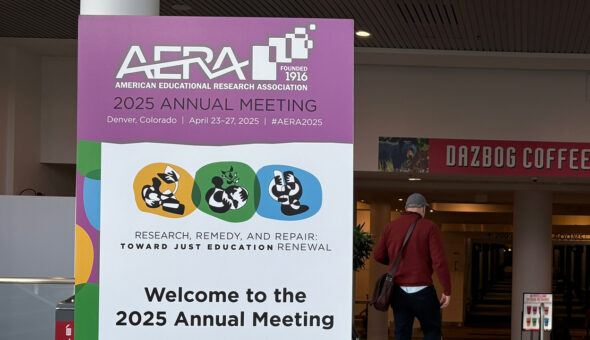This blog is from Afzal Munna, PhD Student in Education
In the contemporary landscape of education, the imperative of sustainability stands as a crucial cornerstone. As we navigate complex environmental challenges, integrating environmental literacy into educational frameworks becomes paramount. This writing clarifies the significance of advancing sustainable education through a cross-disciplinary framework and underscores its pertinence in nurturing environmentally conscious citizens.
At its core, sustainable education seeks to cultivate individuals who possess a deep understanding of environmental issues, coupled with the skills and motivation to enact positive change. A cross-disciplinary approach becomes indispensable in this endeavour, as it transcends traditional disciplinary boundaries, fostering a holistic understanding of sustainability.
Central to this framework is the integration of environmental literacy across various academic disciplines. By infusing environmental concepts into subjects such as science, social studies, and literature, students gain multifaceted insights into ecological systems, human-environment interactions, and sustainable practices. For instance, integrating climate change discussions into geography lessons or exploring environmental themes in literature not only enhances students' understanding but also instill a sense of responsibility towards environmental stewardship.
Moreover, a cross-disciplinary approach fosters critical thinking and problem-solving skills essential for addressing sustainability challenges. By engaging students in real-world, interdisciplinary projects, they develop the capacity to analyze complex issues from diverse perspectives and collaborate effectively towards viable solutions. This experiential learning not only enhances academic proficiency but also cultivates a sense of agency and empowerment among learners.
Furthermore, the integration of sustainable education aligns with broader educational goals, including promoting civic engagement and fostering ethical decision-making. By embedding sustainability principles into the curriculum, educators nurture active citizenship and ethical responsibility, preparing students to navigate a rapidly changing world with integrity and resilience.
In advancing sustainable education, collaboration among educators, policymakers, and community stakeholders is imperative. By leveraging interdisciplinary expertise and resources, stakeholders can co-create innovative pedagogical approaches and curricular frameworks that prioritize environmental literacy and sustainability across educational settings.
In conclusion, advancing sustainable education through a cross-disciplinary framework is essential for nurturing environmentally literate citizens equipped to address the complex challenges of the 21st century. By integrating environmental concepts across academic disciplines, fostering critical thinking skills, and promoting civic engagement, educators can empower students to become agents of positive change in creating a more sustainable future.
References:
- Orr, D. W. (1992). Ecological Literacy: Education and the Transition to a Postmodern World. State University of New York Press.
- Sterling, S. (2001). Sustainable Education: Re-visioning Learning and Change. Green Books.
- UNESCO. (2017). Education for Sustainable Development Goals: Learning Objectives. United Nations Educational, Scientific and Cultural Organization.
Respond



